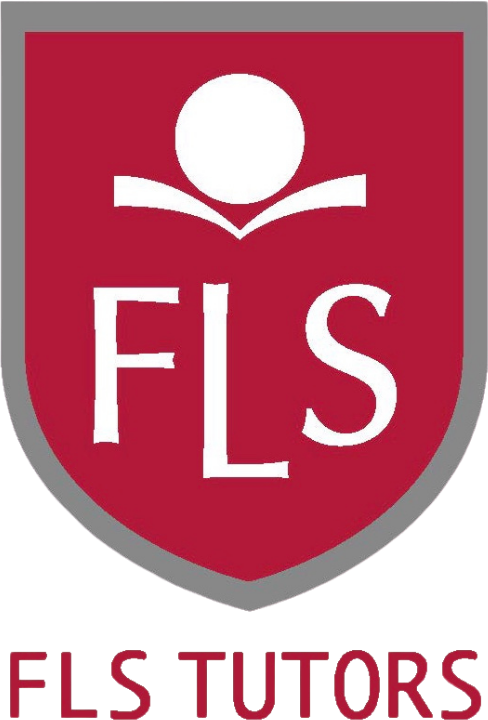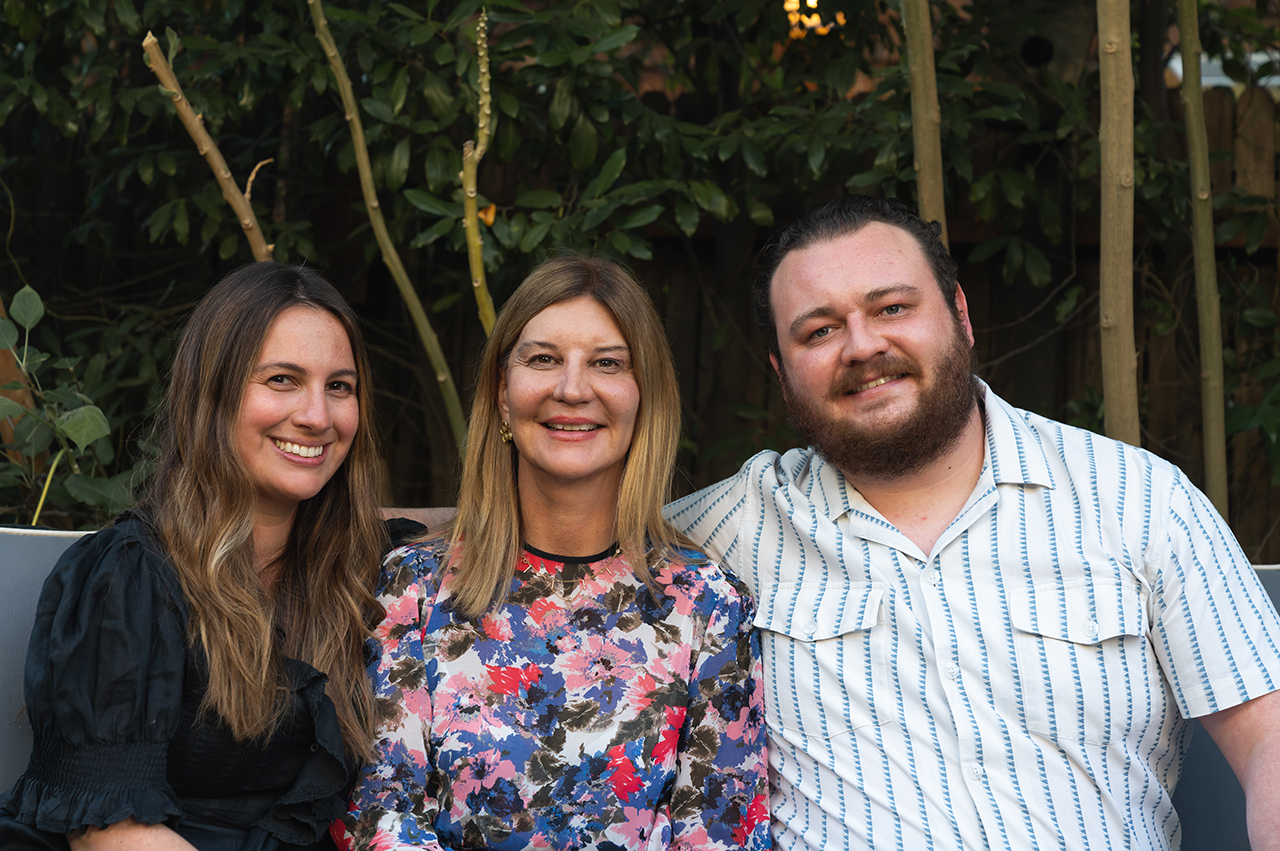Hi everyone, I haven’t written anything in a while, but as we all know it’s been a very turbulent year. If this is your first time reading my blog, then welcome! I’m Welkin Tang. I studied business management and economics and have gone on to teach overseas and subsequently come back to do writing and documentary work in Los Angeles. So naturally with school closures and people scrambling to find out how best to address education in the age of Covid-19, I’ve set out to talk to people in the education space and find out how people are addressing these problems and perhaps changing education as we know it. My first interview is with Francine Swain, the founder of FLS International and FLS Tutors.
Welkin: So tell me a bit about yourself.
Francine: I was born in the US and raised in Bogota. Even as a child, I already loved teaching. We would play school and I’d make mock lesson plans and have my friends be my students. As I got older, I met a number of Americans attending international schools who needed tutoring and began helping them with Spanish and then expanded to help Colombian students with their English. Then, when I was in college, I also taught for a language school to disadvantaged children on the side. Upon coming back to the states, I decided I wanted to pursue my passion for education as a career.
Welkin: When did FLS get started?
Francine: In 1986, I was asked to teach a TOEFL class and found a month-to-month rental for one classroom. I thought I would just teach that group of students, but then it blossomed. I had more classes and hired more teachers. Then, we were able to expand and offer more programs like our study abroad, concurrent study and placement programs that are a result of the wonderful relationships we’ve developed with schools like Santa Monica College and Citrus college and Saddleback College among others.
Welkin: How would you define the core philosophy of FLS?
Francine: We see the child as a whole and want to take a holistic approach. Even in our classroom setting, we want to make sure that we place them with the right teacher and at the right level, which is why we have chosen to break the levels down the way we have with 18 from beginner to advanced. My goal is that my efforts using this approach will help us to nurture and develop the love for learning in our students.
Welkin: So going off of that, what do you feel differentiates you from others in the education space?
Francine: There are a few things. We have a vast amount of experience from being in business for 34 years. In that time, we have been able to really refine our curriculum and methods. In addition, the training that we give our teachers is second to none. I look for teachers that share my passion for learning and spend a lot of time with each one to develop their teaching skills.
Welkin: How has Covid-19 affected you and your students?
Francine: Our students really miss seeing us in person. They came all the way to the US to have this study abroad experience and it’s unfortunate that they don’t get to have it. For half of them who came prior to the lockdown,they’ve been able to have some experience having gone to a few weeks worth of in-person classes and learning about American culture through their homestay families. For the other half though, they’re missing out on a lot of group social activities we’d normally be able to offer.
Welkin: What kind of changes are happening in the education landscape and which ones do you think might be permanent?
Francine: Parents are really stressed going through this. They want to be able to provide what’s best for their children, but just feel so lost as to how to go about it. They want peace of mind that their children will be safe, stay on track academically and not feel completely isolated from the world. That being said, we give them all of the tools to figure out what they want to do and help them to navigate this new situation step by step. There is no perfect solution as things stand so we provide lots of options through our Learning Pods. The parents who form learning pods through us have control over class sizes, whether or not to share teachers with others to mitigate some risks and whether they want a curriculum that acts as a replacement for public school or just a supplement.
I think that as you look over everything, virtual learning and hybrid programs are going to be here to stay, but maybe not so much for younger learners. We’ve already been seeing online MBAs for years. Competition will develop to see who can craft the most effective online programs, which typically suffer from not being particularly interactive or engaging.
Related: FLS Learning Pods
Welkin: I see. So with parents and students, what do you feel like is the biggest struggle right now?
Francine: The biggest struggle we’re witnessing with parents is the uncertainty of not knowing what to do and what comes next. Their children had classes and lessons that they used to go to, but can’t go back to or at least it won’t be nearly the same. The parents I’ve spoken to could really use a helping hand with planning, implementing and navigating their child’s education which is why I think the Learning Pods are such an appealing option at the moment. We take the bulk of that burden and confusion off of their hands.
Welkin: You mentioned learning pods and I’ve been hearing the term a lot lately, but I’m not very familiar, could you tell me a bit more about them?
Francine: Absolutely. We had been seeing a lot of parents forming small groups and taking turns teaching or wanting to split the cost of hiring a private teacher. So the learning pods are just that. They’re small group classes where the children can still have a more authentic in-person learning experience with some socialization. We send teachers who we have vetted out to homes, backyards or even parks to teach the curriculum that we’ve created and take care of all of the transcripts and accreditation. There’s also a virtual learning pod option for those parents who would prefer it.
Welkin: Interesting. What is the biggest struggle for your international students at the moment?
Francine: In the case of our international students, the struggle is with travel restrictions and visas and not being able to plan ahead. For them, we also have our online classes as well as our language hub. And for our schools that are reopening, to ensure students’ safety, we are taking an approach inspired by the learning pods concept. We’re grouping students together and limiting the number of people any one student or teacher comes into contact with as well as staggering start times to allow for social distancing.
Welkin: Could you tell me a bit more about the language hub and how that’s different from the regular classes?
Francine: Sure. They’re classes where students can sign up to learn a multitude of languages conducted in person or virtually. Our language hub attendees aren’t only what you would consider the traditional student. In fact, my father who is 87 and speaks three languages fluently, never ceases to continue learning. I would encourage anyone interested in learning a new language to take a look.
Welkin: What is your favorite part of your job?
Francine: My favorite part of my job is seeing the success of students. Receiving thank you notes from students and knowing that they enjoyed their time with us and that it helped them to flourish educationally and professionally really provides me a sense of joy. Our goal is to open the world to them without barriers so that they may become the best version of themselves. We are so interconnected in the world these days.
When my son was growing up, I would help him and his study group by planning out activities and giving out prizes. After some time, they would always ask to have their homework sessions at my house. Education really is my passion and not just my profession.
Welkin: Thank you so much you so much for speaking with me today Francine. It’s been a pleasure.
Francine: Thank you as well.

